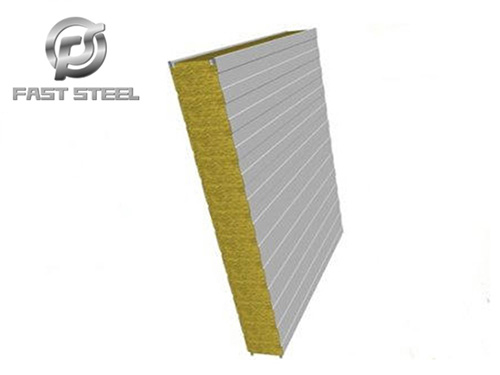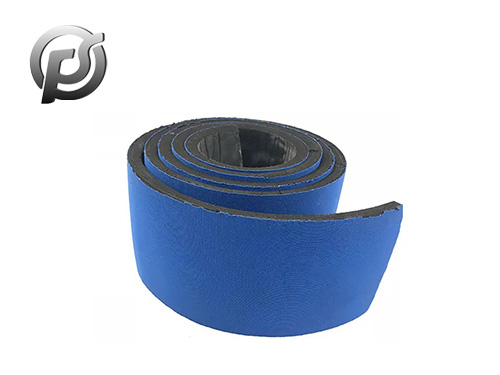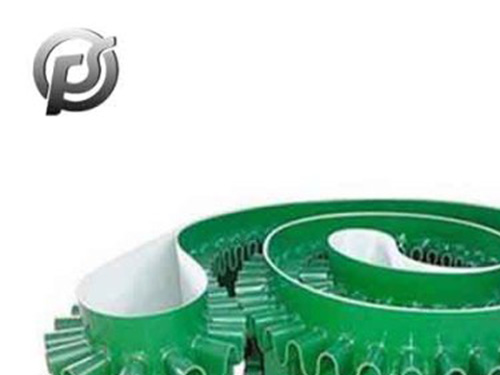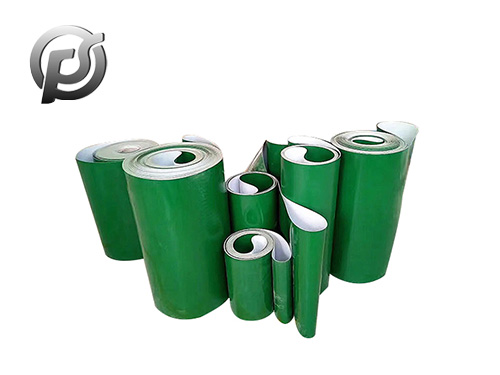Heavy duty conveyor belts offer several advantages due to their robust construction and ability to handle high loads and challenging operating conditions. Here are some of the key advantages:
High Load Capacity:
Heavy duty conveyor belts are designed to handle large and heavy materials. They have a high load-carrying capacity, making them suitable for transporting bulk materials and heavy industrial products.
Durability and Longevity:
These belts are constructed with durable materials such as strong fabrics, steel cords, and high-quality rubber compounds. This robust construction enhances their resistance to wear, tear, and impact, leading to a longer service life.
Suitability for Harsh Environments:
Heavy-duty conveyor belts are well-suited for harsh operating environments, including extreme temperatures, abrasive materials, and exposure to chemicals. Their rugged design allows them to withstand challenging conditions.
Versatility:
They are versatile and can be used in a variety of industries, including mining, construction, manufacturing, and bulk material handling. Their ability to handle diverse materials and applications makes them a reliable choice for different industries.
Reduced Downtime:
Due to their durability and resistance to wear, heavy-duty conveyor belts typically require less maintenance and experience fewer breakdowns. This results in reduced downtime, increased productivity, and lower overall operating costs.
Efficient Material Handling:
Heavy-duty belts facilitate efficient material handling over long distances, allowing for the smooth and continuous transportation of bulk materials. This is particularly important in industries where the movement of materials is a critical part of the production process.
Customization Options:
These belts can be customized to meet specific application requirements, including different belt widths, lengths, and specifications. This flexibility ensures that the conveyor system is tailored to the needs of a particular industry or operation.
Impact Resistance:
Heavy-duty conveyor belts often incorporate features that enhance their impact resistance. This is crucial when transporting materials that may cause impact loads, such as rocks or heavy industrial components.
High Tensile Strength:
The use of strong materials in the construction of heavy-duty conveyor belts provides them with high tensile strength. This strength is essential for carrying heavy loads and withstanding the forces generated during the conveying process.
Cost-Effective in the Long Run:
While the initial investment in heavy-duty conveyor belts may be higher than lighter alternatives, their durability and extended service life contribute to long-term cost-effectiveness.
Conveyor System Integration:
Heavy-duty conveyor belts can be integrated into complex conveyor systems, allowing for seamless material flow and automation in various industrial processes.
Overall, the advantages of heavy-duty conveyor belts make them a reliable and efficient solution for industries requiring robust material handling capabilities. It's important to select the right type of conveyor belt based on the specific needs and conditions of the application.

 PE Conveyor Belts: Characteristics, Applications, and Advantages
PE Conveyor Belts: Characteristics, Applications, and Advantages
 Stone Conveyor Belt: Enhancing Efficiency and Productivity in Material Handling
Stone Conveyor Belt: Enhancing Efficiency and Productivity in Material Handling
 Optimizing Operations with PE Conveyor Belts: Durability, Efficiency, and Versatility
Optimizing Operations with PE Conveyor Belts: Durability, Efficiency, and Versatility